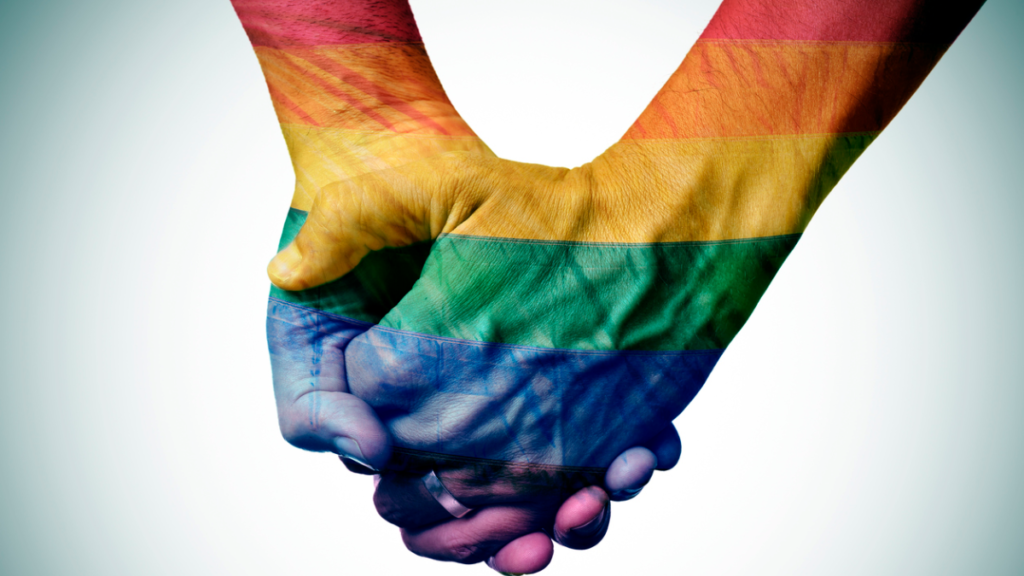Tag: gay marriage


How classical liberalism played a crucial role in advancing LGBTQ+ rights
June 28, 2023 | Post
Classical liberalism, with its emphasis on individual liberties and limited government intervention, has played a crucial role in advancing the rights of the LGBTQ+ community throughout history.
By advocating for principles such as individual liberty, reason, fundamental rights, and equal treatment under the law, classical liberal ideas have challenged societal norms, fought against oppression, and paved the way for greater acceptance and inclusion.

How gay pride is a celebration of liberty
December 23, 2022 | Post
Every time someone does not conform to what is attempted to be imposed on them; those people are celebrating pride in being themselves. That’s why gay pride is so special. It is resistance against those who do not love the freedom of others.

The libertarian position on gay marriage: a matter of expression?
December 15, 2022 | Post
While it would be unfair to say that libertarians hold some kind of monopoly over the fight for gay marriage, but there is no denying the great contribution made by libertarian logic to this movement. Marriage is individual expression; it is not the faculty of anyone else to restrict it.

Do government employees have a right to religious liberty?
April 1, 2017 | Post
Religious liberty is a fundamental right, but what should happen if the law asks bureaucrats to choose between their religion and their job?

History, progress, and the fate of gay marriage
March 23, 2017 | Post
The future belongs to everyone, and the arc of the universe bends nowhere in particular.

Some Reflections on Whether We Should Abandon Religious Liberty
August 22, 2016 | Post
Impinging on religious liberty rarely, if ever, benefits the commons good, as Professor Mark Hall explains in this first installment in a series on religious liberty.

